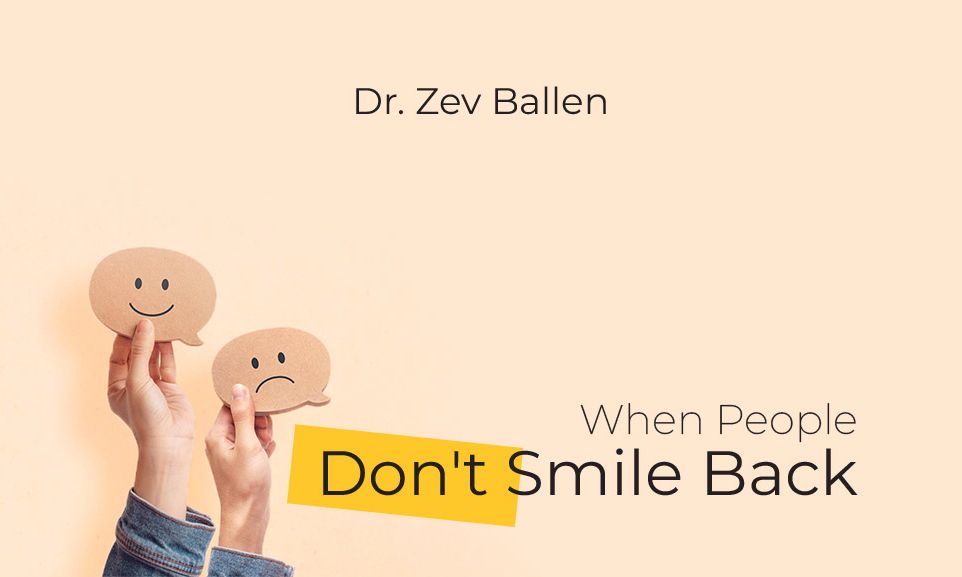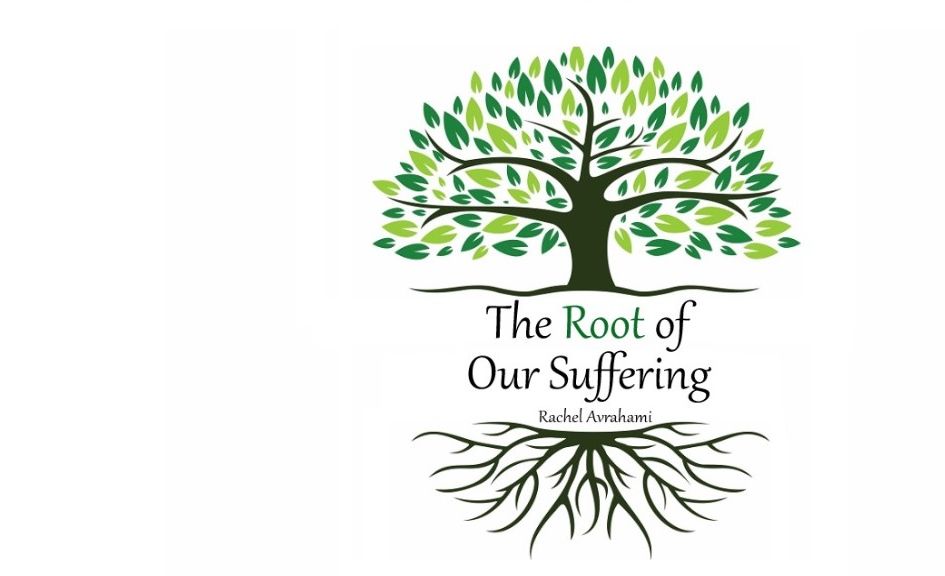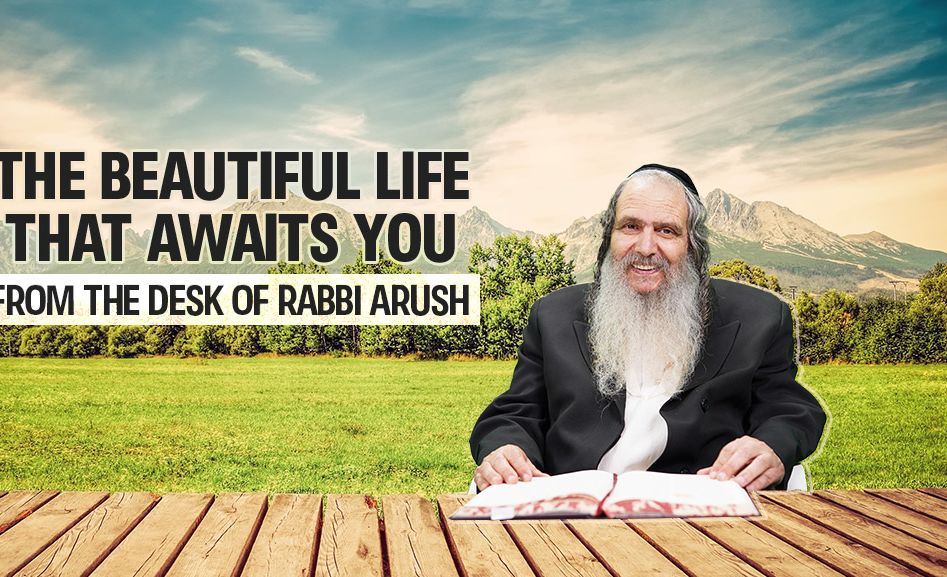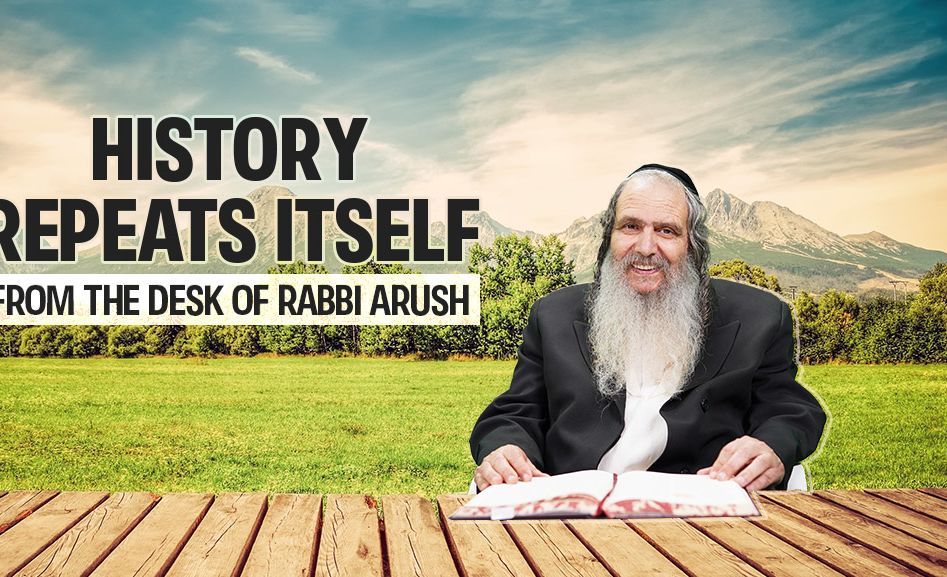
When People Don’t Smile Back
Are we able to feel and reflect back the good feelings that others initiate towards us, or are we full of anger and hatred?

The Rebbe walks with his head held high, his movements are measured – He is a proud man. The Rebbe doesn’t smile much. A “good morning, Rebbe” or a “good Shabbos, Rebbe” might earn you a bothered look or a grunt. The Rebbe turns and scans the room with his imperious penetrating eyes. Suddenly you think, “Maybe the Rebbe doesn’t need my greeting, I must have made a mistake by distracting him from his “holy thoughts.”
What’s wrong with this picture?
If you were new to Torah Judaism, and you got an eye-full of this cold, distant figure, how would you feel? If you weren’t too put off by these antics, you might be curious to know more about such a person, his background, his customs, his lifestyle. There actually is something beautiful about the Rebbe’s dress, his grace, his aristocratic mannerisms, and yet he’s so completely unapproachable: He won’t speak English with you because English is a traifa language (an unkosher language). He prefers not to speak in Hebrew either because Hebrew is also not kosher enough for him – it’s the language of the “Zionists.” His mother tongue is Yiddish, but if you speak with him in Yiddish and he hears that you don’t speak “a good  heimisheh Yiddish” he’ll look down, smile condescendingly, and then walk away.
heimisheh Yiddish” he’ll look down, smile condescendingly, and then walk away.
Why doesn’t the Rebbe reciprocate?
The truth is that he just can’t – and here’s why…
King Solomon wrote: “Just as water reflects a face to a face, so does the heart of man reflect one to another.” A person naturally feels what another person feels about him in his heart. The heart-felt feelings of one person are received by the second person and automatically reflected back from the heart of the second person to the first person like “water reflects a face to a face.” But this is only true when there is a true reflection and only clean, clear water can create a reflection.
If a person’s water is black and dirty because he harbors senseless hatred toward others in his heart and he has not worked to purify himself of his spiritual filth, then he is incapable of feeling and reflecting back the good feelings that others initiate towards him. The person is so wrapped up in himself that he is not able to receive the very goodness and kindness that others are offering to him. He doesn’t have the strength to receive another’s light because all of his strength has been depleted by his senseless hatred of another Jew who just happens to dress differently, have different customs and speaks a different language than his own.
Anyone can see how much this is going on today. A person can smile at others and not get a smile in return. It’s not always that they are wrapped up in senseless hatred, sometimes they are preoccupied with their physicality and their materialism – but the bottom line is that they are wrapped up in their worries, their lives, THEMSELVES – and even if they learn Torah all day long, or even if they come from illustrious spiritual backgrounds, they are practicing a very superficial form of Judaism because the entire Torah and all its commandments were given in order for us to connect to Hashem and to each other. It’s much bigger than we are as individuals.
G-d said, “It is not good that man should be alone.” The world cannot survive if people don’t smile back at each other, and want to help and unite with each other. But this isn’t happening these days. People are so full of “dirty water” that has no reflection. But people who are pained by others’ coldness are people whose souls are cleaner and long for the type of connection that will end this bitter exile – it is a longing for the kind of life in the World to Come when everyone will be one.
So what should you do the next time you meet one of these “cold fish?”
Waiting for a cold person to come and give you a warm “good morning” can’t be the answer – you’ll be waiting forever!
We pray in Shemoneh Esrei, “For in the light of Your Face, which You gave us.” When a person feels Hashem “smiling” at him (through all of creation) and greeting him, so to speak – he lives in a world of closeness to Hashem, in which everything is “face to face” with Hashem – the deepest relationship possible. Someone who doesn’t have this longing for the ha’aras panim (the smile of Hashem), lives in a very cold kind of world.
If a person has a palpable sense of Hashem in his life, he can receive ha’aras panim from Hashem, and not only that – he will find within himself that he is able to give ha’aras panim to others, even to those who don’t smile or greet him in return. [1]
[1] Unity Talks. From the Author of Bilvavi Mishkan Evneh. Part Two, Chapter Six: Initiating Love Towards Others, pp. 80-82. http://www.bilvavi.net/files/Unity.Talks.pdf.












Tell us what you think!
Thank you for your comment!
It will be published after approval by the Editor.